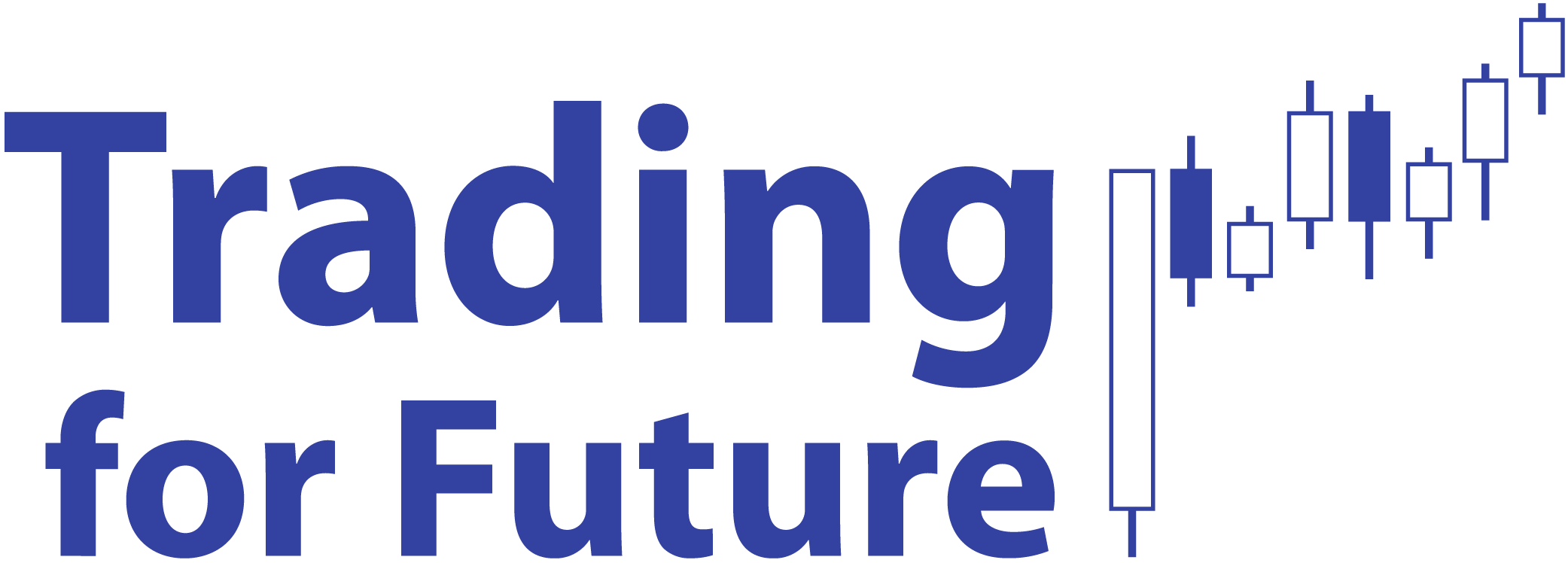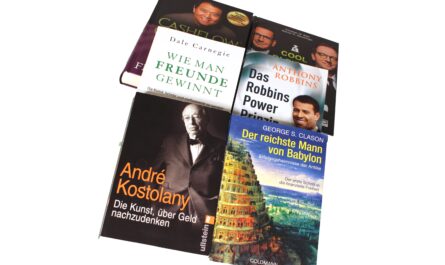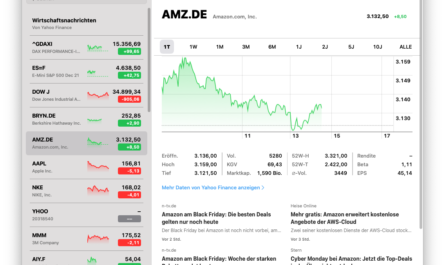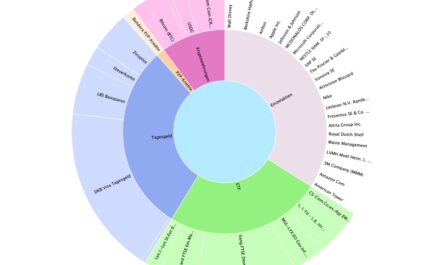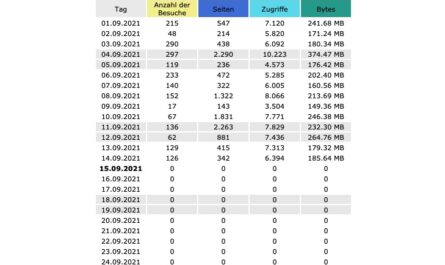If you want to be financially successful in the long term, you have to question many things in everyday life again and again. This includes, for example, the difference between an expense and an investment. At first glance, everyone would probably claim to actually know this. Nevertheless, the meaning of both terms is not always applied correctly.
In fact, if you look up the definition of these two terms on Wikipedia, you don’t really get a useful answer. Whereas in the case of expenditure there is still talk of a “reduction in financial assets” and of the “complementary term to revenue” and expenditure is thus described quite well, the Wikipedia definition is less helpful when it comes to the little word investment. This is simply described as a “use of capital for a specific purpose by an investor,” which, strictly speaking, can be just about anything and does not exactly mark a real difference from expenditure.
An investment potentially returns more
To make the real difference between spending and investing knowable, one should expand these definitions to include the following question: “Do I get more back from my investment?” With an expenditure, you get something else back in return, but in the long run, you will not get back more than you gave. It’s different with an investment. Here you give something to get it back later together with an addition. The larger the addition, the better the investment for the giver. In most cases, the gift is certainly money, but it can also be converted to one’s own labor or knowledge.
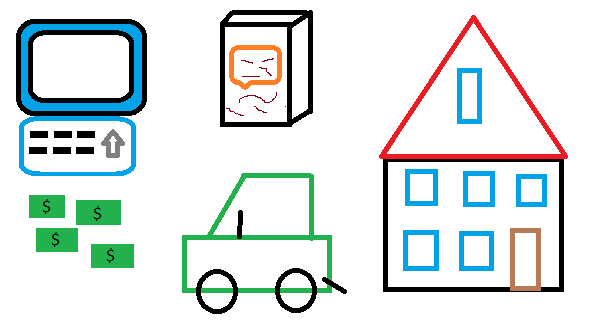
Example: If you provide your labor as an employee, you will receive a certain amount of money in your account at the end of the month. If one now provides more labor, then it must be worthwhile for the employee in the end in order to become an investment. The overtime worked must pay off in monetary terms, otherwise the extra time spent by the employee is wasted and the action is thus more of an expense.
In everyday life, of course, you can’t avoid certain expenses and have to make them regardless of the profit. These include, above all, rent and expenses for electricity and water, as well as clothing, food and insurance. They are essential for us. The situation is different for variable costs. A computer game is always an expense, since it does not later give back to the buyer more than he has given. The game may be fun for a while, but in the end it doesn’t really give him more than just a good time, which he has to give in addition. A book, on the other hand, can be an investment because you learn from it and can apply things to your life to increase your income.
The own apartment and the car are always expenses
Owner-occupied property is considered by many to be an investment, as once it is paid off, one would save on rent. However, according to the above definition, it is an expense. The owner-occupied property does not generate additional income. On the contrary, it only generates costs (land transfer tax, incidental acquisition costs, repairs, credit costs, etc.). If you rent out an apartment, on the other hand, you get regular cash flow and thus something back for your expenditure. It is a real investment.
The car is also always an expense. It already loses value after the first time we turn the ignition key and drive the vehicle off the lot. For many, however, it is a necessary expense because you need it to get to work in the first place. However, it never increases our wealth. The same is true for clothing, furniture and almost everything else in our daily lives.
In short, an expense only costs without bringing in anything. An investment, on the other hand, potentially brings in additional money. The best known investments are of course stocks and bonds (appreciation / dividends), but also other passive income as we had recently presented in this blog (P2P interest, staking rewards, etc.).
One more thing: rich people usually have more investments than expenses. In the lower classes, on the other hand, spending predominates. Therefore, high-income earners do not necessarily have it easier, because they may not really take to heart the true difference between spending and investing.
Keyfacts:
- an expense only incurs costs without giving more back
- with an investment you potentially get back more than you have given
- a money investment always provides additional cash flow
- if you have more investments than expenses, you will be financially successful
